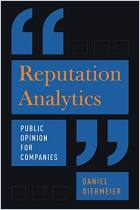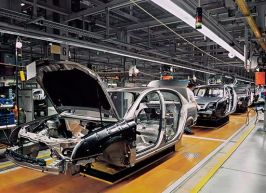Melden Sie sich bei getAbstract an, um die Zusammenfassung zu erhalten.

Melden Sie sich bei getAbstract an, um die Zusammenfassung zu erhalten.
Rüdiger Bachmann, Gabriel Ehrlich and Dimitrije Ruzic
Firms and Collective Reputation
The Volkswagen Emission Scandal as a Case Study
CESifo Group Munich, 2017
Was ist drin?
Volkswagen’s emissions scandal inflicted reputational damage across the German automotive industry.
Recommendation
Volkswagen’s admitted deception involving diesel car emissions in 2015 violated the standards on which the German automotive industry stakes its vaunted worldwide reputation. In one ethical breach, a single firm’s conduct negatively affected the US sales, stock prices and consumer opinions of other German carmakers. In this technical but compelling report, academics Rüdiger Bachmann, Gabriel Ehrlich and Dimitrije Ruzic present an important look at the power of reputation in business. getAbstract recommends their analysis to policy experts and executives.
Summary
About the Authors
Rüdiger Bachmann is an associate professor at the University of Notre Dame. Gabriel Ehrlich is an assistant research scientist at the University of Michigan, where Dimitrije Ruzic is a PhD candidate.


























Comment on this summary